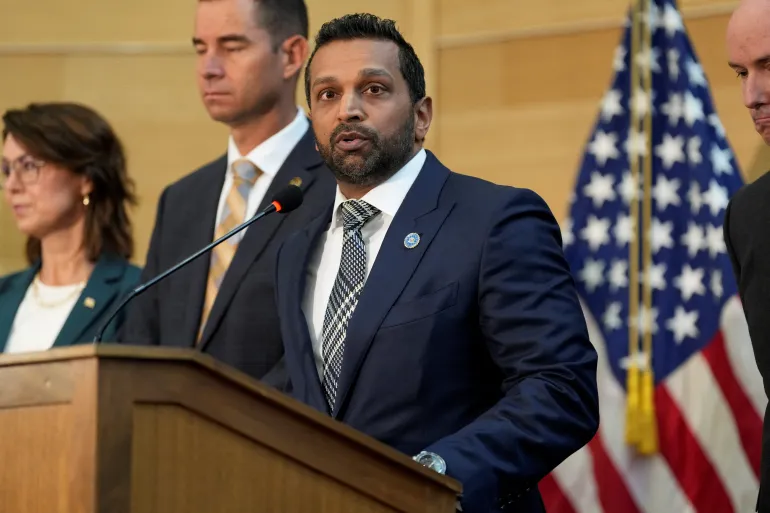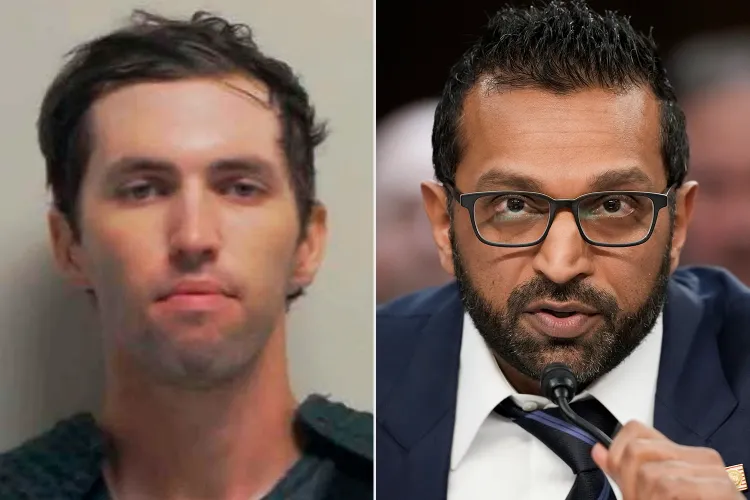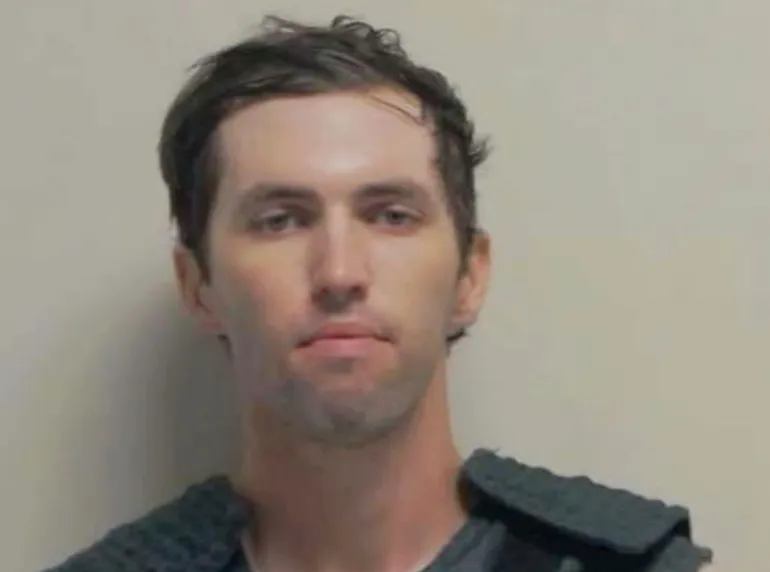FBI Director Confirms Over 20 Discord Members Linked to Tyler Robinson Will Be Questioned in Charlie Kirk Shooting Investigation
The investigation into the tragic shooting of Charlie Kirk has now reached a new and unexpected stage. FBI Director Kash Patel revealed this week that more than twenty people who were part of an online Discord group with Tyler Robinson, the man accused of carrying out the attack, will soon be questioned by federal agents. This development highlights just how far investigators are going to understand not only the suspect’s actions but also the environment and conversations that may have surrounded him in the days leading up to the shooting.

Tyler Robinson, who was arrested shortly after the attack, has been described as having a history of erratic online behavior. According to Patel, Robinson was an active participant in a Discord chat where political discussions, personal frustrations, and sometimes extreme rhetoric were exchanged. The FBI believes that looking into this group is necessary to determine whether Robinson acted entirely alone or if there were others who influenced, encouraged, or had prior knowledge of his intentions.

Discord, a platform initially designed for gamers but now widely used by communities of all kinds, has increasingly found itself at the center of law enforcement investigations. While most groups are harmless, the platform has occasionally been a place where troubling conversations have taken root. In this case, the group tied to Robinson is under heavy scrutiny. Patel assured lawmakers that the FBI is not aiming to criminalize ordinary online conversations, but stressed that when a violent act is connected to such discussions, it is the duty of investigators to leave no stone unturned.
What makes this step particularly significant is the scope of questioning. More than twenty people will be contacted, each one potentially able to shed light on Robinson’s mindset and any red flags that may have gone unnoticed. This is not just about uncovering accomplices, but also about understanding patterns of behavior that could help prevent future tragedies. Patel emphasized that the FBI is focused on facts and evidence, making clear that the investigation is ongoing and far from reaching its conclusion.

The questioning of group members will no doubt raise larger questions about online privacy and the role of digital platforms in public safety. Civil liberties advocates will likely keep a close watch on how the FBI conducts these interviews, but at the same time, the scale of the incident has made it clear that online spaces cannot be ignored when violence erupts in real life. Patel addressed this balance directly, noting that while constitutional rights must be respected, the government also has an obligation to protect citizens from harm.
As the investigation moves forward, the families, friends, and supporters of Charlie Kirk continue to grieve the loss of a man whose work left a lasting mark on many people. The expansion of the probe into Robinson’s digital world shows how seriously authorities are taking the possibility of broader influences. It is a reminder that acts of violence do not happen in isolation and that even the quiet corners of the internet can play a role in shaping dangerous outcomes.
For now, the nation waits as the FBI begins its questioning process. Each answer, each piece of information, could bring investigators closer to understanding why this tragedy occurred and whether others bear any responsibility. It is a complex, sensitive, and painstaking effort, but one that Patel insists is necessary to bring clarity, accountability, and ultimately justice in the wake of a devastating crime.



